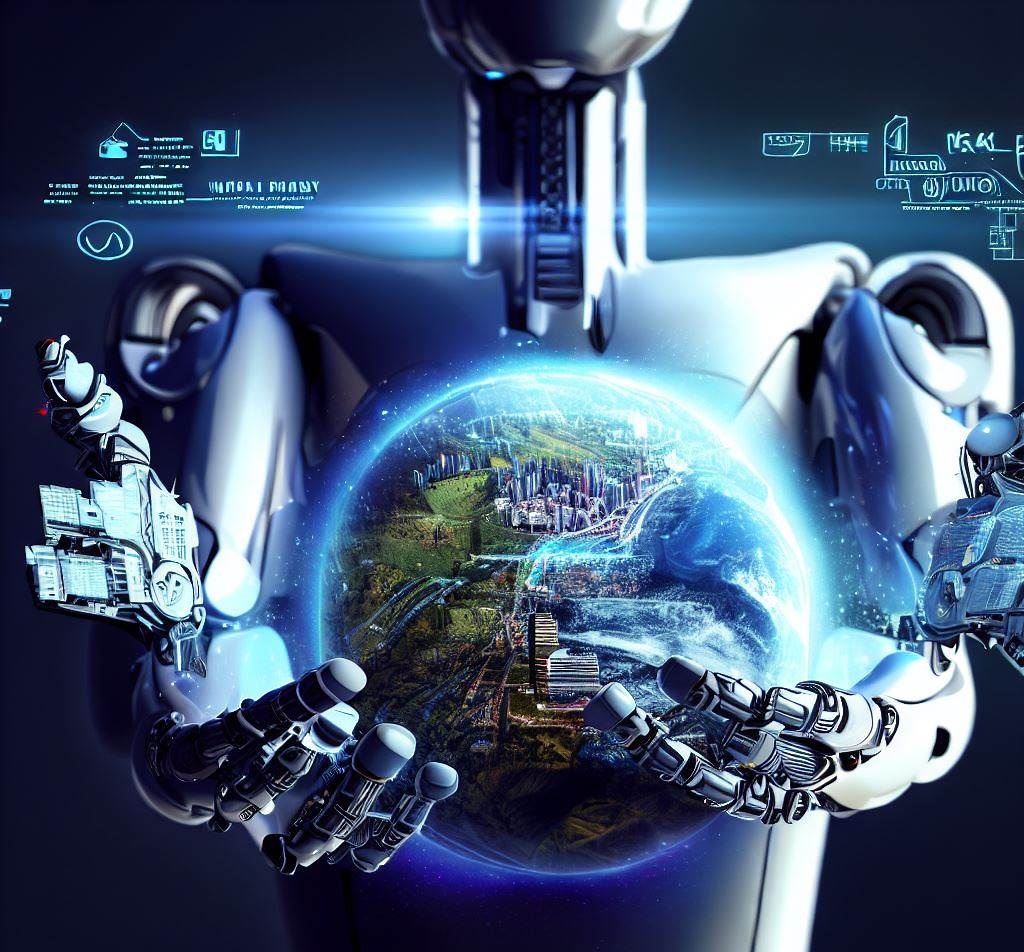
The fast progress of artificial intelligence (AI) has brought about a complete transformation in numerous areas of our lives, and its influence is projected to expand further in the upcoming years.
AI possesses the ability to revolutionize industries, improve effectiveness, and facilitate unprecedented innovations.
In this article, we will delve into the future of AI, examining forecasts and patterns that are expected to shape our next ten years.
Introduction
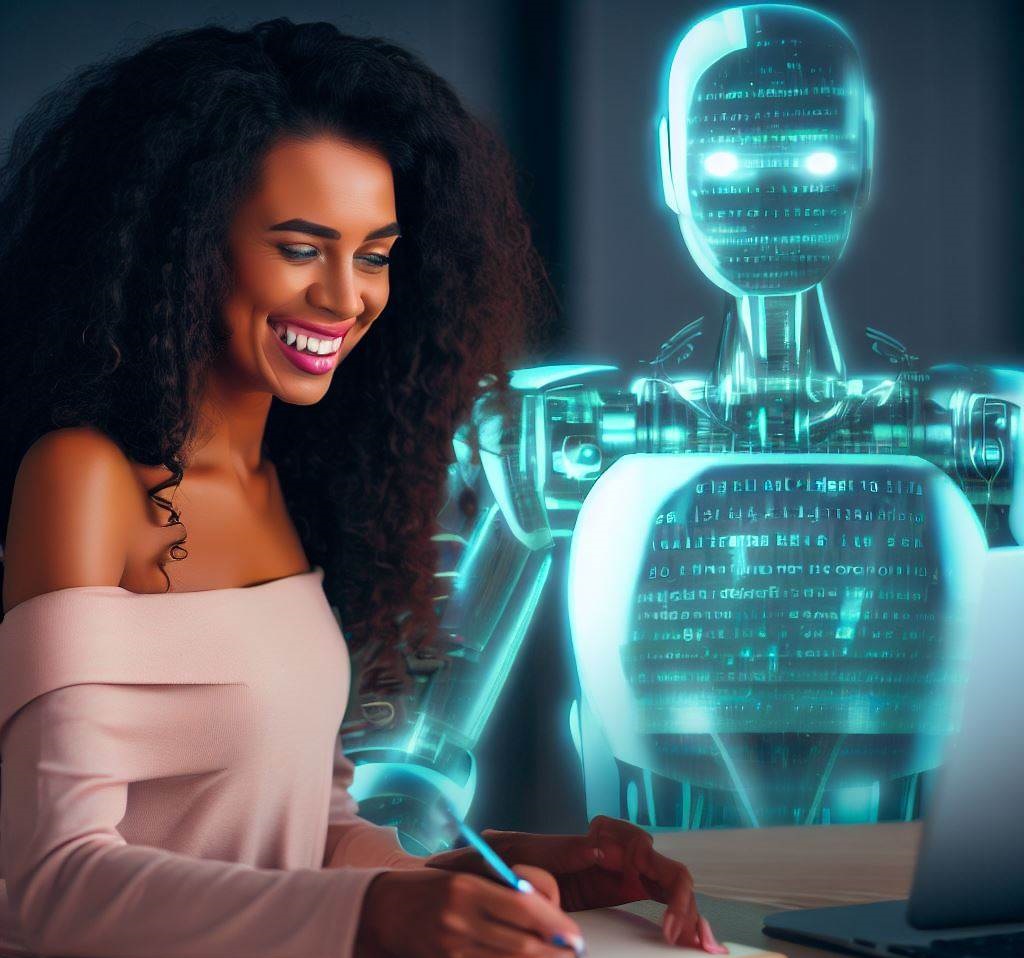
AI, in basic terms, pertains to the creation of computer systems capable of accomplishing tasks that would typically necessitate human intelligence. These systems are programmed to analyze data, detect patterns, and make well-informed decisions.
AI has become an essential component of our everyday lives, manifesting in voice assistants, self-driving vehicles, content writing apps, text to video generators, grammar correction tools, social media post generators and sophisticated recommendation algorithms.
The significance of AI in the contemporary world cannot be emphasized enough. It possesses the potential to completely transform sectors such as healthcare, education, transportation, cybersecurity, and numerous others.
As AI continues to progress, comprehending the forecasts and tendencies that will shape its future becomes imperative.
Current State of AI
Before exploring the outlook of AI, it is important to provide a concise overview of its present state. AI is already being employed across diverse domains, such as healthcare, finance, marketing, content creation and entertainment including gaming.
Intelligent systems driven by machine learning algorithms help with tasks like image recognition, natural language processing, and user behavior prediction.
Nonetheless, AI encounters certain limitations and obstacles. Ethical concerns arise due to the opacity of decision-making processes in AI and the potential for biased results.
Additionally, AI systems heavily depend on extensive data, necessitating the careful consideration of data privacy and security matters. For this reason, voices against the lack of regulations regarding use of AI are being raised all over the world.
However, it need not hamper innovation in AI and its growth as far as Narrow AI (trained for specific tasks) is concerned which is different from AGI (Artificial General Intelligence). It is AGI which instills fear in the minds of people, due to apprehensions of AGI taking over the world.
AI in Marketing
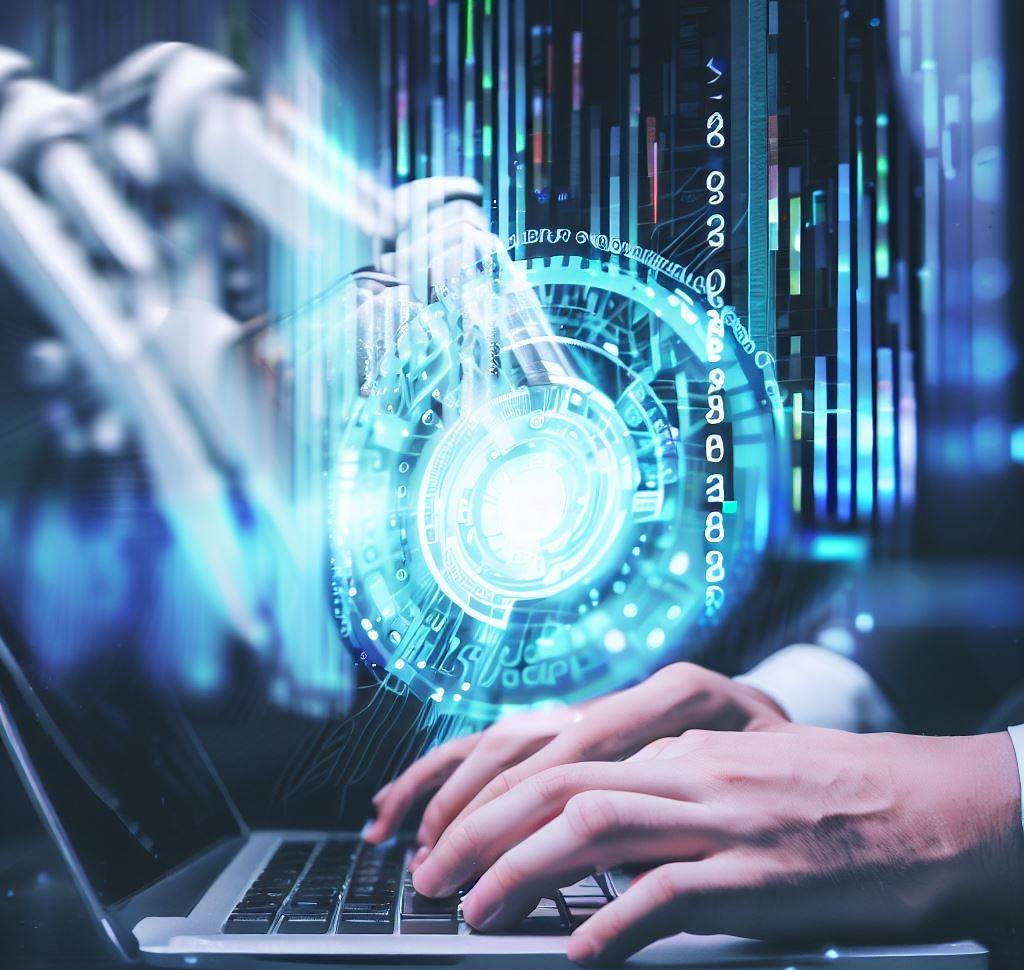
AI has revolutionized marketing tactics by facilitating the use of data-driven analysis, customized targeting, and automated campaign enhancement. The following are noteworthy implementations that are going to incline more and more towards AI in the future:
a. Predictive Analytics: AI algorithms have the ability to examine large volumes of customer data, encompassing information such as demographics, browsing habits, and previous purchase records. By doing so, they can anticipate forthcoming purchasing trends and discern customer preferences. This, in turn, will enable marketers to fine-tune their approaches and tailor their offerings to align with these insights.
b. Personalization: AI can empower marketers to provide personalized content and recommendations to each customer, taking into account their unique preferences and behavior. This will enrich the level of customer engagement and significantly boosts the likelihood of successful conversions.
c. Chatbots and Virtual Assistants: Chatbots fueled by AI have the capacity to interact with customers instantly, addressing their inquiries, and leading them through the sales process. Virtual assistants can offer personalized suggestions for products, thereby enhancing the overall customer journey and satisfaction.
d. Social Media Analysis: AI algorithms possess the capability to scrutinize data from social media platforms, extracting valuable knowledge pertaining to customer sentiment, brand image, and competitor analysis. This information serves as a crucial resource for marketers, empowering them to fine-tune their campaigns and effectively target the desired audience.
To Get Ahead of All and to get your Ultimate Guide to AI Content Creation 👉 CLICK HERE!
AI in Enhancing Customer Experience

AI-driven chatbots and recommendation systems have already brought about a significant transformation in the realm of customer experience.
In the coming years, AI will continue to elevate customer service by delivering personalized recommendations, addressing inquiries with greater efficiency, and providing tailored experiences.
As a result, customer satisfaction will be amplified, fostering heightened loyalty.
AI in Finance
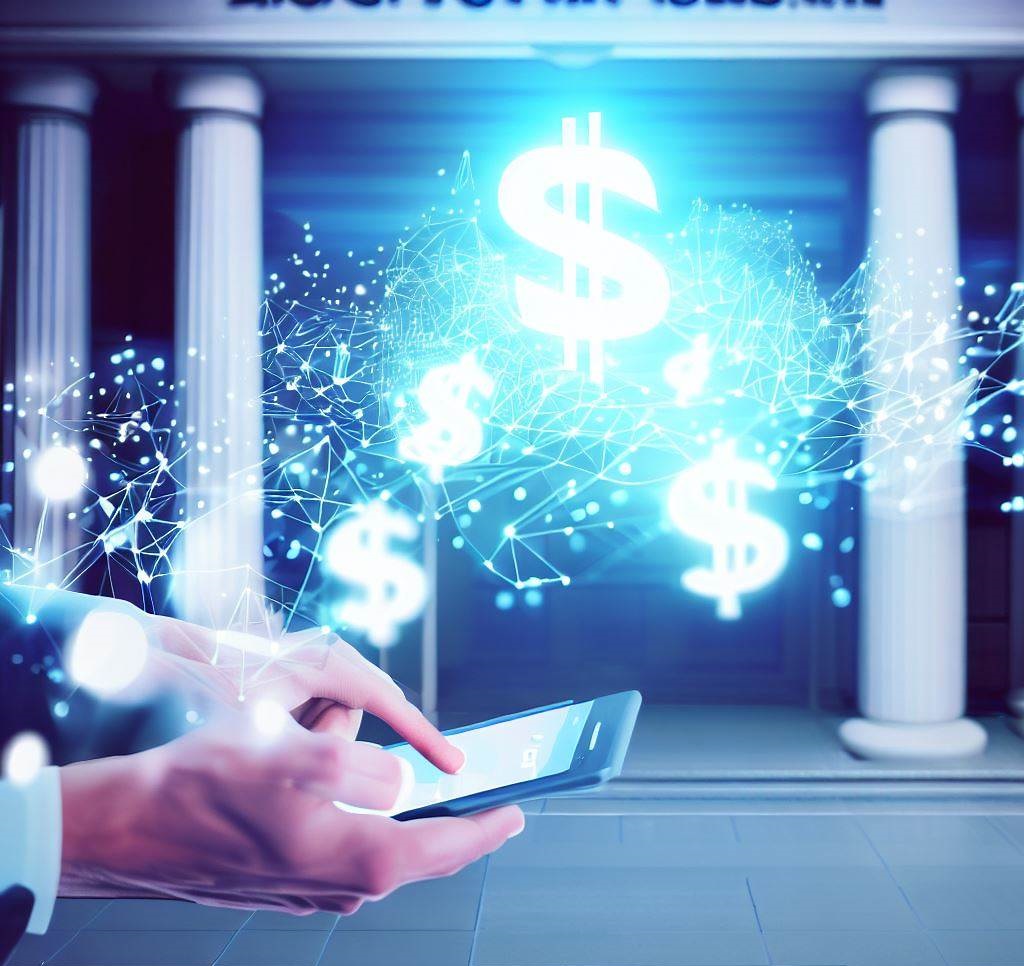
AI is revolutionizing finance by automating and enhancing processes, improving decision-making, and mitigating risks. Here are some key applications:
a. Fraud Detection: AI algorithms can analyze large volumes of financial data to identify patterns indicative of fraudulent activities, helping banks and financial institutions prevent and detect fraud in real-time.
b. Algorithmic Trading: AI-powered algorithms can analyze vast amounts of market data, identify trends, and execute trades with minimal human intervention. This enables faster and more efficient trading, potentially increasing profitability.
c. Risk Assessment: AI algorithms can analyze financial data, credit histories, and market trends to assess creditworthiness and calculate risk scores for loan approvals. This helps financial institutions make informed lending decisions.
d. Customer Service: AI-powered chatbots and virtual assistants can provide personalized customer support, answer queries, and assist with basic financial tasks. This improves customer experience while reducing operational costs.
AI in Art and Creativity (AI Generated Art)

Contrary to common belief, AI extends beyond analytical tasks and possesses the capacity to enhance human creativity.
Exciting frontiers are unfolding in the realms of AI-generated art, music, and storytelling.
Through the fusion of human creativity and AI capabilities, novel opportunities for innovation and self-expression will emerge.
To Get Ahead of All and to get your Ultimate Guide to AI Content Creation 👉 CLICK HERE!
AI in Automation
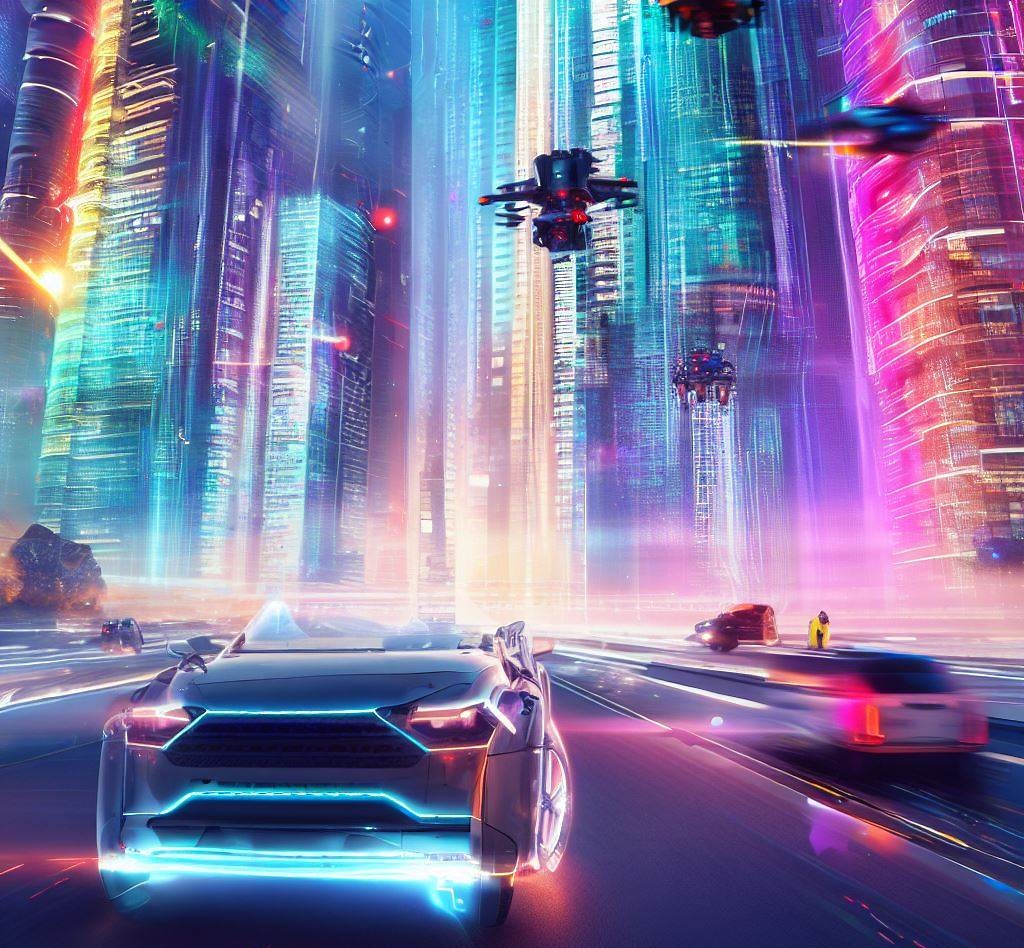
The convergence of AI and automation will bring about a transformative shift in the job market and the composition of the workforce.
While certain tasks may undergo automation, new prospects will emerge that necessitate collaboration between humans and AI.
Businesses will need to adjust to this evolving panorama by redefining job responsibilities and offering training opportunities to employees, enabling them to excel in a world driven by AI.
Already, the job opportunities have started emerging for the Prompt Engineers who are expected to know the best inputs that need to be given to the language processing models like ChatGPT to enable these models to give the desired outputs rather than something undesirable.
AI in Healthcare

AI possesses vast potential for transforming the field of healthcare. It has the capability to enhance diagnostics and personalized medicine, as well as improve patient care and outcomes.
By leveraging AI-powered systems, healthcare professionals can benefit from accurate diagnoses, well-informed treatment plans, and predictions regarding disease progression.
Consequently, healthcare delivery can become more precise and efficient.
AI in Education
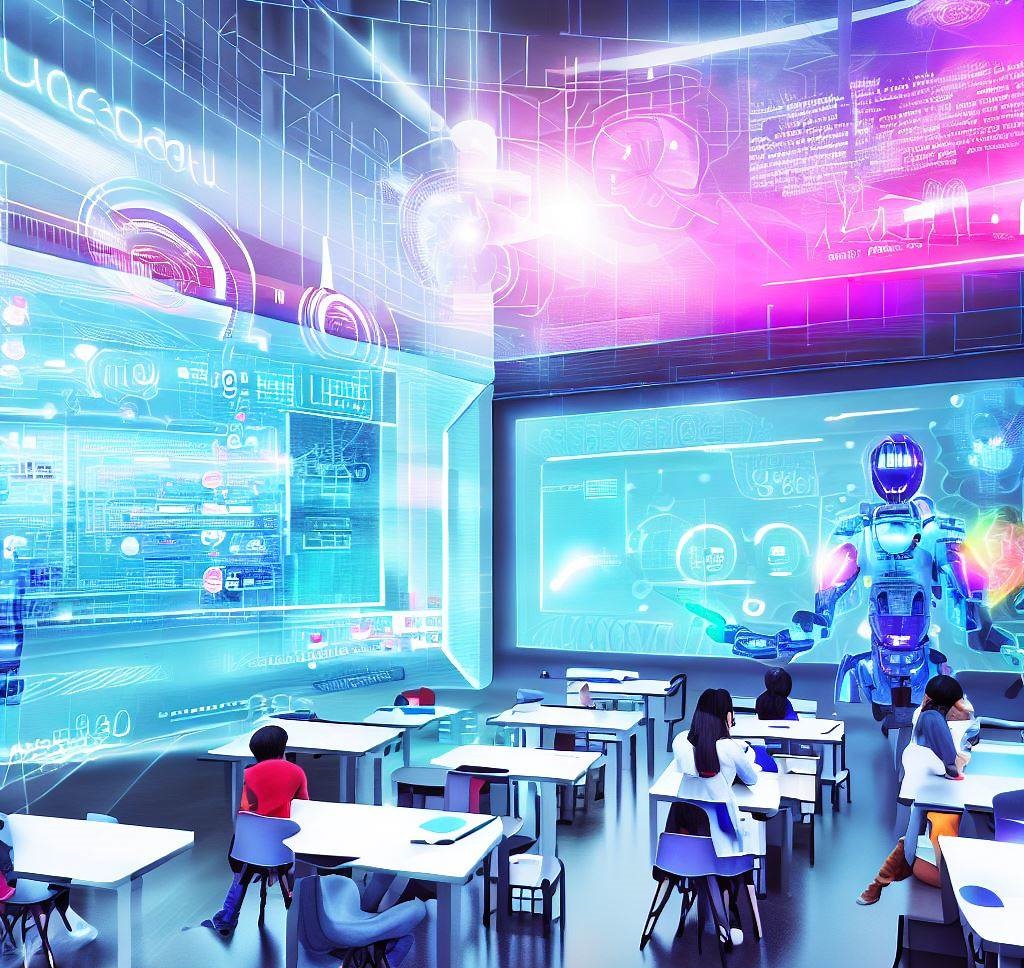
AI will bring about noteworthy changes in the realm of education as well.
Through adaptive learning platforms, educational experiences will be tailored to cater to the unique needs and learning preferences of individual students.
AI-driven tools will analyze student performance data and offer immediate feedback, fostering a more immersive and efficient learning environment.
AI for Smart Cities

AI has the potential to make significant contributions to the advancement of smart cities by improving urban planning, managing infrastructure, and allocating resources efficiently.
Through the utilization of real-time data and predictive analytics, AI can optimize transportation systems, decrease energy consumption, and enhance the overall quality of life in urban regions.
AI in Cybersecurity

As the landscape of cyber threats evolves, AI will assume a vital role in fortifying cybersecurity defenses.
AI algorithms have the capability to analyze extensive data sets, recognize irregularities, and take proactive measures to address potential breaches.
Nonetheless, safeguarding the security and reliability of AI systems becomes imperative to prevent malicious exploitation.
AI in Fight Against Climate Change

AI has the potential to contribute significantly to tackling the challenges brought about by climate change.
Through the analysis of climate data and the simulation of various scenarios, AI can aid in predicting and mitigating the effects of climate change.
Additionally, AI-powered solutions can optimize the management of resources, encourage sustainable practices, and facilitate more efficient energy consumption.
AI in Robotics
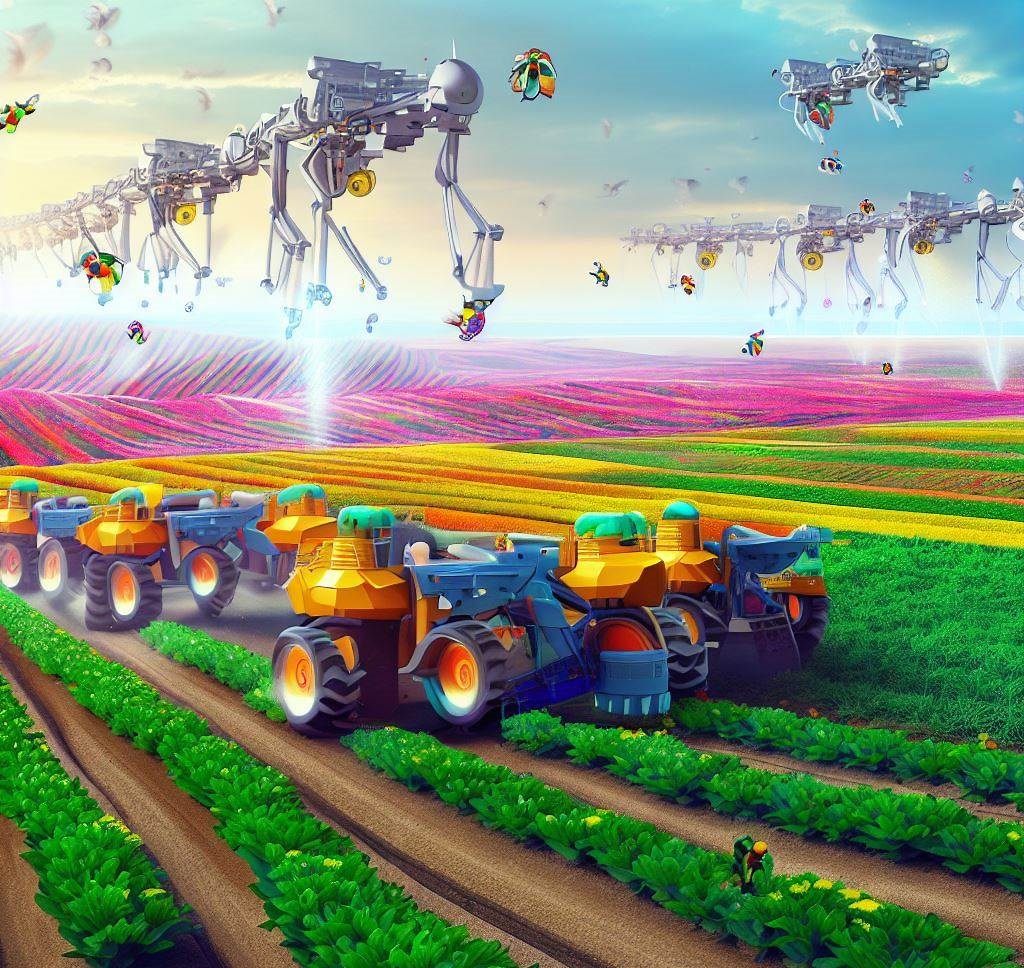
The progress of AI will persistently propel advancements in robotics and automation.
Collaborative robots, also known as cobots, will operate alongside humans in diverse sectors, augmenting productivity and ensuring safety.
Industries spanning manufacturing, logistics, healthcare, and agriculture will witness the emergence of AI-powered robots that are increasingly sophisticated and adaptable.
AI and Ethics
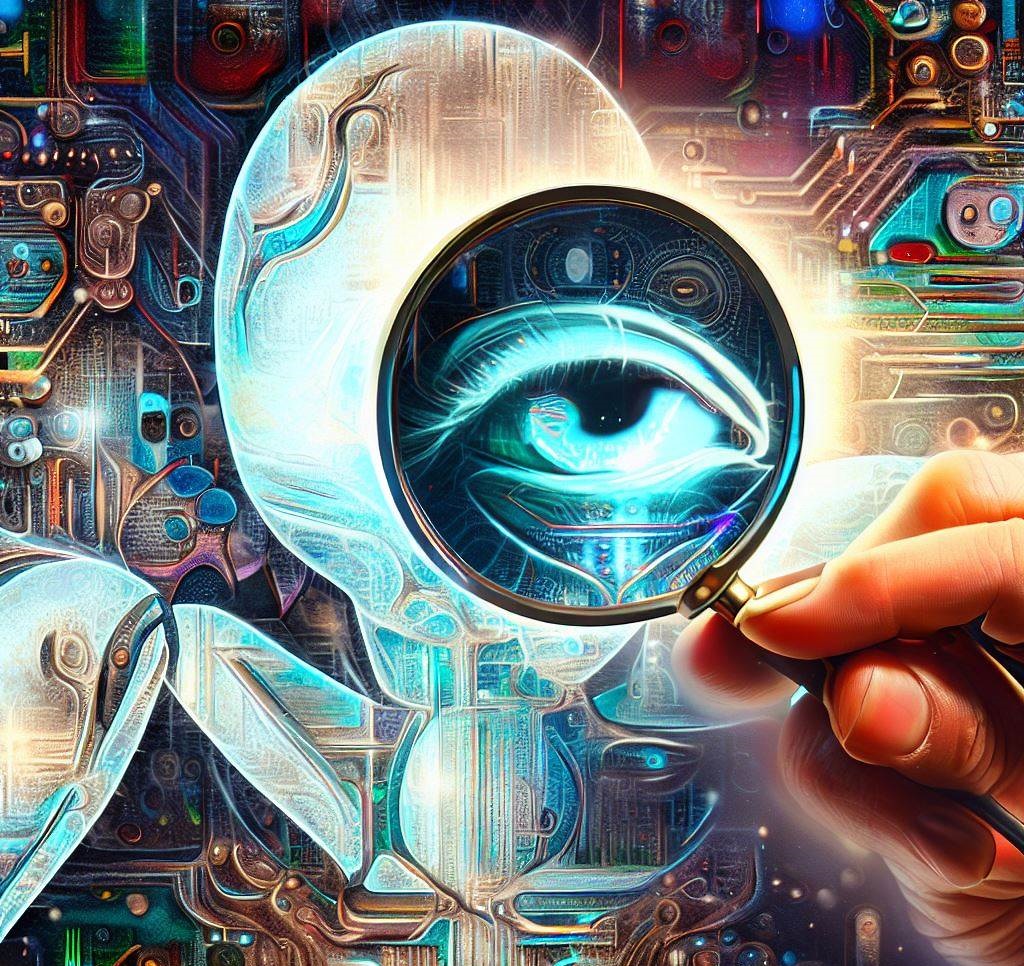
Addressing ethical considerations in the development and implementation of AI holds paramount importance.
It is crucial to guarantee fairness, transparency, and accountability in AI algorithms to mitigate the risks of bias and discrimination. Persistent endeavors are necessary to establish robust ethical frameworks that govern AI development and promote its responsible utilization.
AI and Privacy Concerns
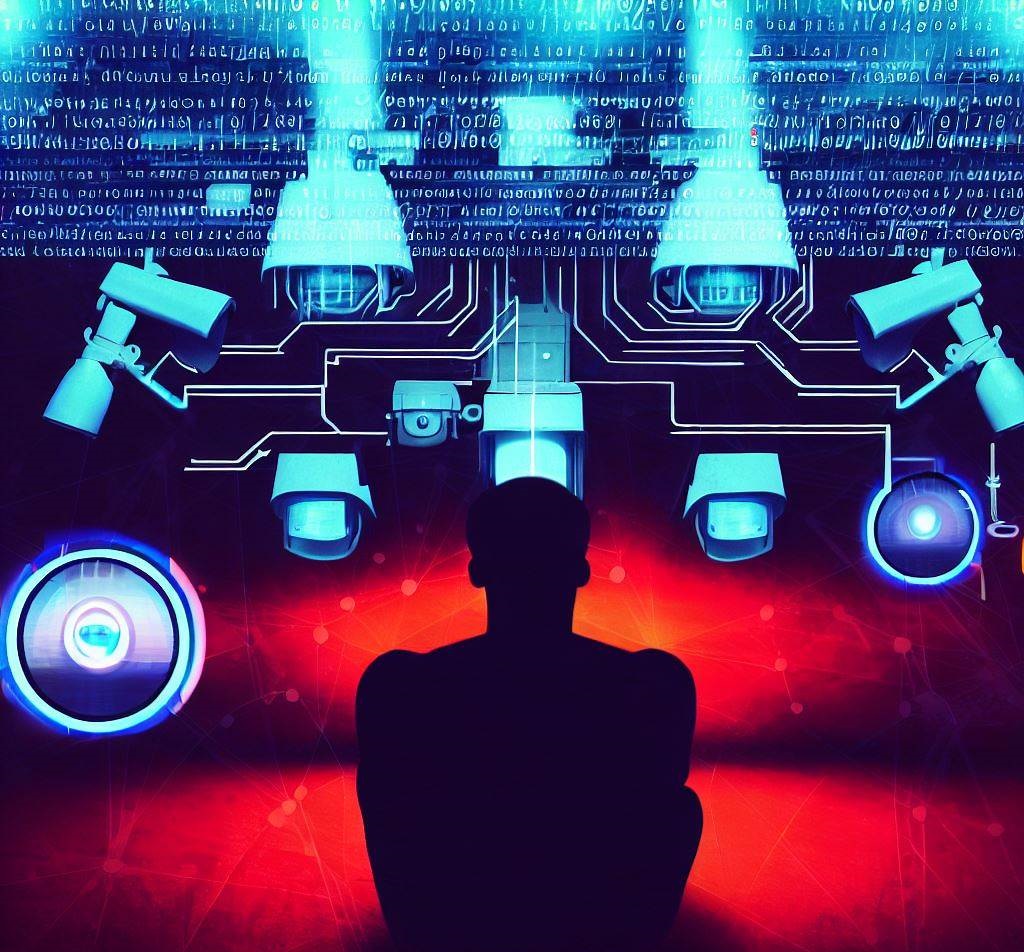
As the dependence on AI systems grows, it becomes imperative to tackle privacy issues. Striking a balance between data collection and utilization while safeguarding individual privacy rights becomes paramount.
Fostering transparency in data practices and adopting technologies that enhance privacy will play a vital role in establishing trust in AI systems.
Predictions for AI in the Next Decade
Advancements in Machine Learning Algorithms
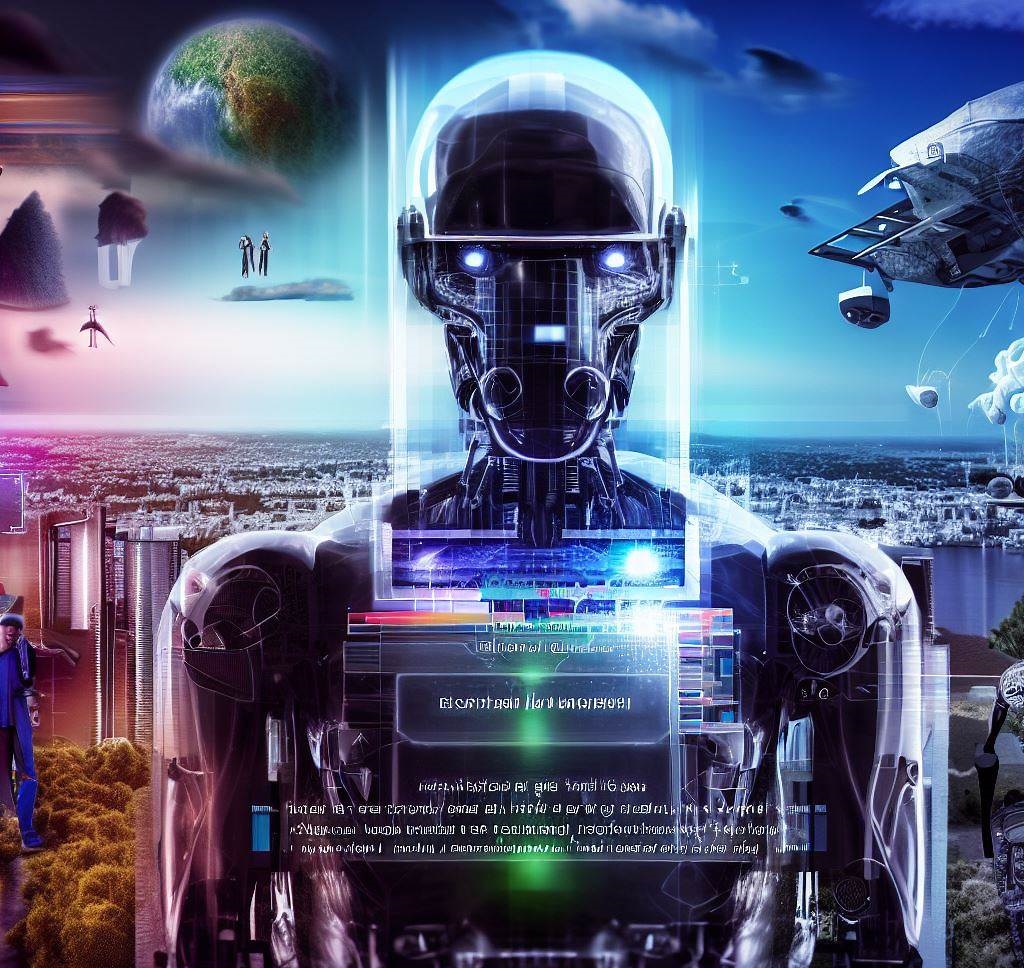
A crucial forecast for the next ten years regarding AI revolves around the progress of machine learning algorithms.
The ongoing efforts of researchers and engineers aim to create increasingly advanced algorithms capable of learning from smaller datasets and providing precise predictions, for example, weather forecast to save human lives from the onslaught of nature, predictions regarding success of a space mission, viability of a new government policy, feasibility of an operation or surgery etc.
As a result, we can anticipate the emergence of AI systems that are characterized by enhanced adaptability, reliability, and efficiency.
Integration of AI in Various Industries
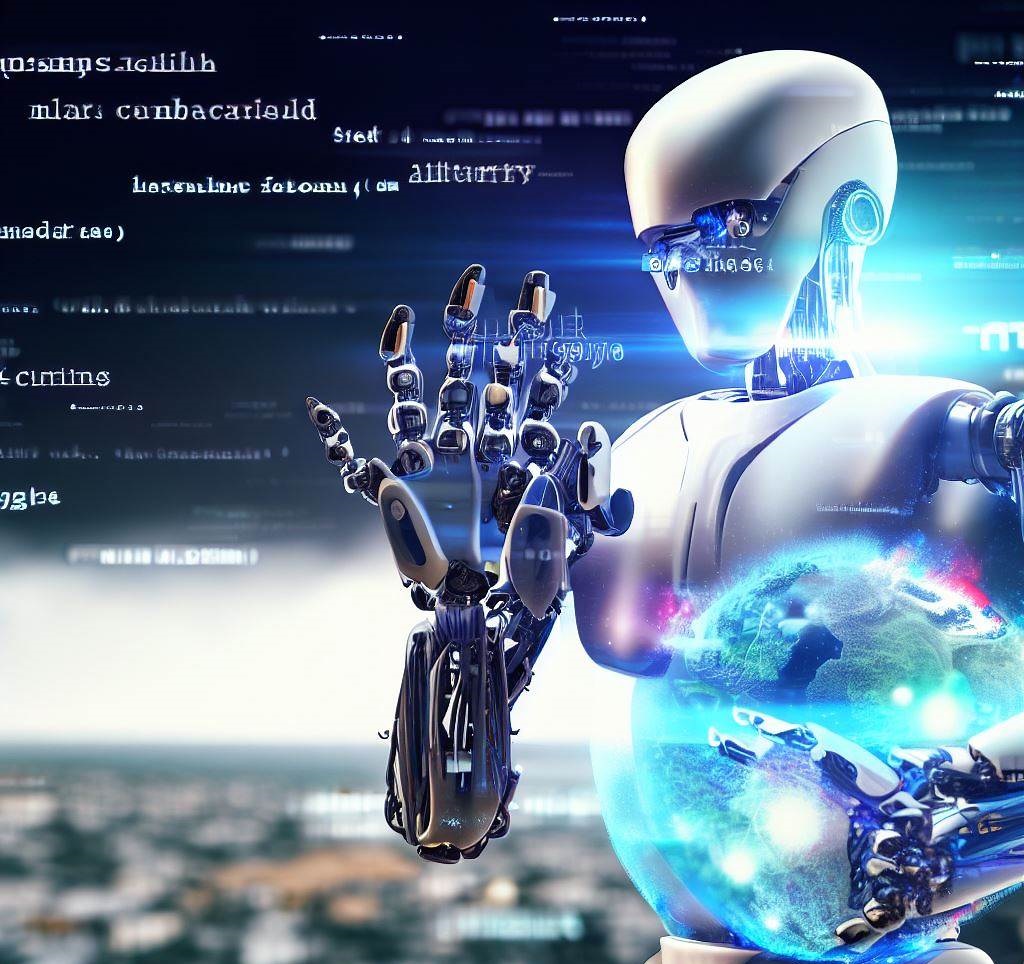
AI integration into diverse sectors will experience a notable rise, bringing about a revolutionary transformation in processes and fueling innovation.
Whether in healthcare, education, finance, marketing, content creation or manufacturing, solutions empowered by AI will streamline operations, enhance decision-making, and elevate overall efficiency.
Become Future Proof by getting your Ultimate Guide to AI Content Creation 👉 CLICK HERE!
Ethical Considerations and Regulations

With the increasing prevalence of AI, ethical deliberations and regulations will wield significant influence over its advancement and implementation.
Achieving a harmonious equilibrium between innovation and ethical principles will be imperative to ensure the responsible utilization of AI.
Governments and organizations will be required to establish guidelines and frameworks to tackle concerns including privacy, bias, and accountability.
Conclusion
The potential for revolutionary change in numerous industries and the transformation of our lifestyles and work environments are key aspects of AI’s future.
The trajectory of AI in the next decade will be determined by advancements in machine learning algorithms, the integration of AI across various sectors, and the careful consideration of ethical implications.
Embracing the opportunities presented by AI while effectively addressing its challenges will pave the way for a future where AI enhances human capabilities, improves efficiency, and contributes to societal advancement.
To Get Ahead of All and to get your Ultimate Guide to AI Content Creation 👉 CLICK HERE!
FAQs
1. What is AI?
AI encompasses the creation of computer systems that possess the ability to execute tasks typically associated with human intelligence, such as pattern recognition and informed decision-making.
2. How is AI being used currently?
AI is already being utilized in various fields, including healthcare, finance, marketing, and entertainment. It powers voice assistants, recommendation algorithms, and autonomous vehicles, among other applications.
3. What are the predictions for AI in the next decade?
Some predictions for AI in the next decade include advancements in machine learning algorithms, increased integration of AI in industries, and the need for ethical considerations and regulations.
4. How will AI impact jobs and the workforce?
AI and automation will reshape the job market, automating certain tasks while creating new opportunities that require human-AI collaboration. Businesses will need to adapt and provide training to employees to thrive in an AI-driven world.
5. What are the ethical considerations associated with AI?
Ethical considerations in AI include addressing biases in algorithms, ensuring data privacy and security, and establishing guidelines for responsible AI development and deployment.